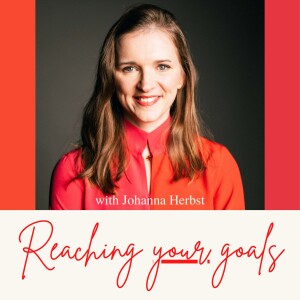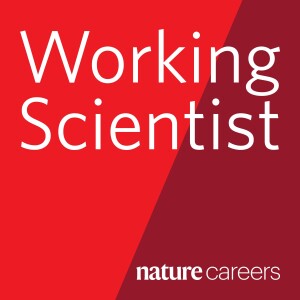In August the Chandrayaan-3 spacecraft touched down, making India only the fourth to have successfully landed a spacecraft on the moon. In this special episode of the Working Scientist podcast, Somak Raychaudhuryan astrophysicist and vice-chancellor at Ashoka University, tells Jack Leeming about India’s history of space research, the significance of the lunar landing, and how it might help to stem a “brain drain” of Indian researchers moving abroad permanently to develop their careers.
The episode is part of the Nature Spotlight on India, an editorially-independent supplement.
Hosted on Acast. See acast.com/privacy for more information.
More Episodes
Planning a postdoc before moving to industry? Think again
 2020-12-03
2020-12-03
The career costs of COVID-19: how postdocs and PhD students are paying the price
 2020-11-25
2020-11-25
Stop the postdoc treadmill … I want to get off
 2020-11-18
2020-11-18
Why life as a postdoc is like a circling plane at LaGuardia Airport
 2020-11-11
2020-11-11
How to craft and communicate a simple science story
 2020-07-17
2020-07-17
How to sell your public outreach ideas to funders
 2020-06-19
2020-06-19
How films and festivals can showcase your science
 2020-06-11
2020-06-11
How to transition from the lab to full-time science communicator
 2020-06-05
2020-06-05
Coronavirus conversations: Science communication during a pandemic
 2020-05-28
2020-05-28
Science communication made simple
 2020-05-20
2020-05-20
How the academic paper is evolving in the 21st century
 2020-03-05
2020-03-05
How to get media coverage for your research
 2020-02-27
2020-02-27
How to bounce back from a bruising peer-review or paper rejection
 2020-02-21
2020-02-21
How to write a top-notch paper
 2020-02-13
2020-02-13
How apartheid's legacy can still cast a shadow over doctoral education in South Africa
 2019-12-17
2019-12-17
The PhD thesis and how to boost its impact
 2019-12-06
2019-12-06
Team PhD
 2019-11-28
2019-11-28
It's time to fix the "one size fits all" PhD
 2019-11-21
2019-11-21
Too many PhDs, too few research positions
 2019-11-18
2019-11-18
My courtroom battles to halt illegal peatland fires in Indonesia
 2019-11-12
2019-11-12
Create your
podcast in
minutes
- Full-featured podcast site
- Unlimited storage and bandwidth
- Comprehensive podcast stats
- Distribute to Apple Podcasts, Spotify, and more
- Make money with your podcast
It is Free
You may also like

The Business Of


Reaching your Goals


Chief Change Officer


The $100 MBA Show


The Cardone Zone


How to Be Awesome at Your Job


- Privacy Policy
- Cookie Policy
- Terms of Use
- Consent Preferences
- Copyright © 2015-2024 Podbean.com



 iOS
iOS Android
Android